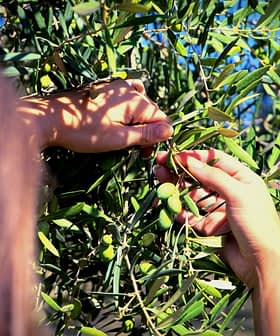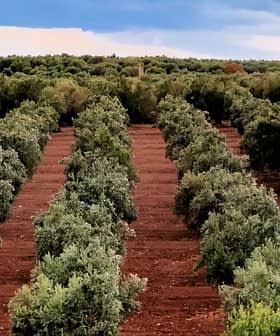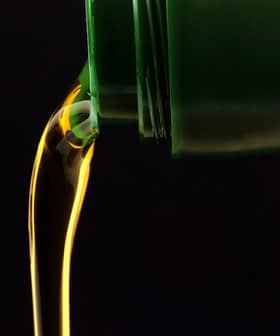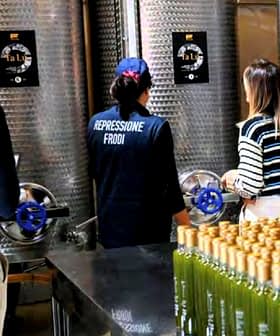 12.7K reads
12.7K readsN. America
Filippo Berio and Bertolli Distributors Face Class Action over Olive Oil Quality
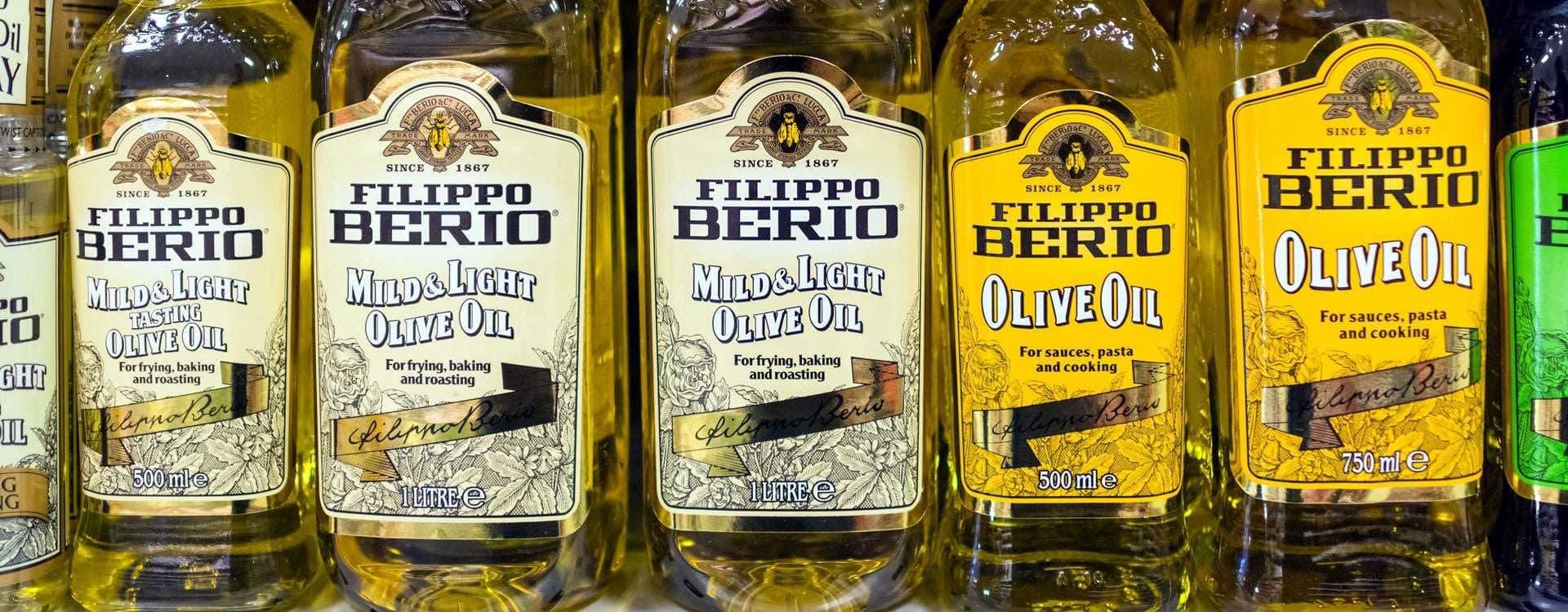
Two class action suits were filed against companies representing a significant portion of mass market olive oil imported to the US from Italy, alleging that the oil labeled as ‘extra-virgin’ actually contained refined oil and did not meet quality standards. The lawsuits also claim that the misleading front-label “Imported from Italy” led consumers to believe the olives were pressed in Italy, and that failure to package the oil in light-proof containers resulted in quality degradation. Despite motions to dismiss being denied, the cases raise questions about labeling requirements and potential trade implications between the US and the EU.
Two class action suits, Koller et al v. Deoleo USA, Inc. and Med Foods, Inc. (‘Koller’) and Kumar et al v. Salov et al (‘Kumar’) were filed last year in the United States District Court, Northern District of California, against companies that together represent a considerable portion of the mass market olive oil imported to the US from Italy.
The claims in the two actions are roughly the same: first, that what was labeled ‘extra-virgin’ contained refined oil and was therefore not entitled to the ‘extra virgin’ label.
Secondly, designation of the actual origin of the oil was only provided on the back-label while the prominent display of “Imported from Italy” on the front allegedly misled consumers into thinking the olives originated and were pressed in Italy.
See Also:The World’s Best Olive Oils
And thirdly, failure to package the oil in light-proof containers resulted in quality degradation such that even if the oil was ‘extra-virgin’ at the time of bottling, it was no longer so when it reached the consumer due to exposure to heat and light.
Plaintiffs in both cases allege that defendant distributors/bottlers knew the oil did not qualify as ‘extra-virgin’ by the time it reached the consumer.
Under California law, these actions allegedly violated California’s False Advertising Law, Unfair Competition Law, and Consumer Legal Remedies Act, as well as common law fraud and misrepresentation. .
Subsequent to the filings, United States district judge Richard G. Seeborg issued a stipulated protective order in the Koller case on October 14, 2014, for “information that might come out of disclosure and discovery activity which might involve production of confidential, proprietary, or private information.” Presumably, this was on the request of the defendant, but the order does not specify who requested such protection.
It is only tangentially interesting at this point, given the fact that the area of law known as ‘trade secrets’ has generally gained considerable importance in the past two years across a wide array of legal actions and procedures. It is therefore worth watching.
More importantly, on January 6, 2015, Judge Seeborg denied defendants’ motions to dismiss the Koller action, on the grounds that the facts pleaded were sufficient to allow it to go forward, and that it was not necessary to put forth evidence at this stage sufficient to prove the claims.
If the oils in question do prove to contain ‘refined oil’ (olive oil that has been chemically treated to hide, or neutralize defects and high acidity and then usually mixed with higher grade oil to mask any undesirable tastes), it would seem to be a foregone conclusion that some degree of fraud as well as violation of the above mentioned statutes, is involved. This will no doubt be determined by scientific testing. It is noteworthy however that Judge Seeborg stipulates that plaintiff Koller need not prove that the bottle he purchased and tested did in fact contain refined oil, only that some bottles labeled ‘extra-virgin’ failed to meet that standard.
“In the event Koller is able to prove his allegations that the oil generally does not warrant that label because of its quality when first bottled and/or because of Deoleo’s packaging and handling practices, it would hardly be a defense that some bottles may nevertheless meet the minimum standards when purchased,” Judge Seeborg wrote.
“As the California Supreme Court has held, labels do matter to consumers,” said an attorney for the plaintiffs, Hassan A. Zavareei, according to Law360. “And consumers are entitled to get what they think they are paying for when they try to buy extra virgin olive oil from Italy.”
Then there is the questions of whether bottles of oil labeled with the actual country of cultivation and pressing as required under EU law is insufficient to comply with California law. This would be problematic for all European bottlers given the necessity of distinguishing between the mere requirement of indicating where the olives originate on the one hand, and the Protected Designation of Origin regime in effect throughout the EU, a much stricter designation requiring application, scrutiny of claims and registration.
Also of interest is whether bottlers have a legal responsibility, despite the fact that no regulations either in the EU or in California so require, to package extra virgin oil in dark bottles and keep them below a certain temperature through transit, storage and shelf display, so as to minimize damage from light and heat. While keeping olive oil in dark bottles has been found to be better at maintaining quality, some consumers appear to prefer clear bottles which let them see the color of the oil.
If the class actions succeed to impose on bottlers a legal requirement to store in dark bottles and cooled transport, storage and display, it will transform not only the legal regime regulating the olive oil trade, but no doubt cause serious trade problems between the US and the EU, especially in light of the ‘regulatory convergence’ measures at issue in negotiating the Transatlantic Trade and Investment Partnership (TTIP). These are definitely cases worth watching.


